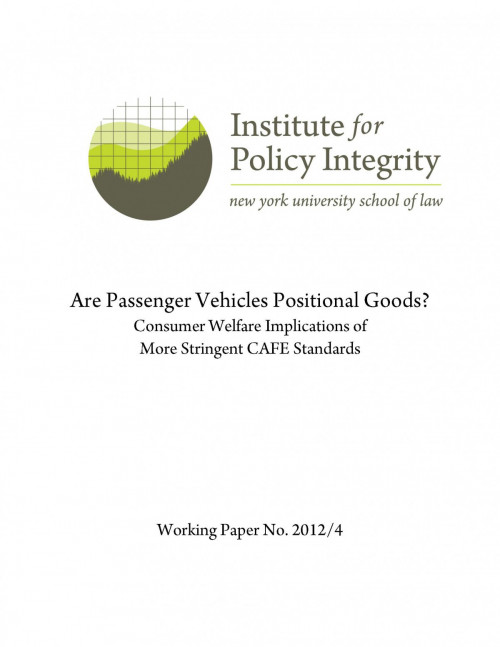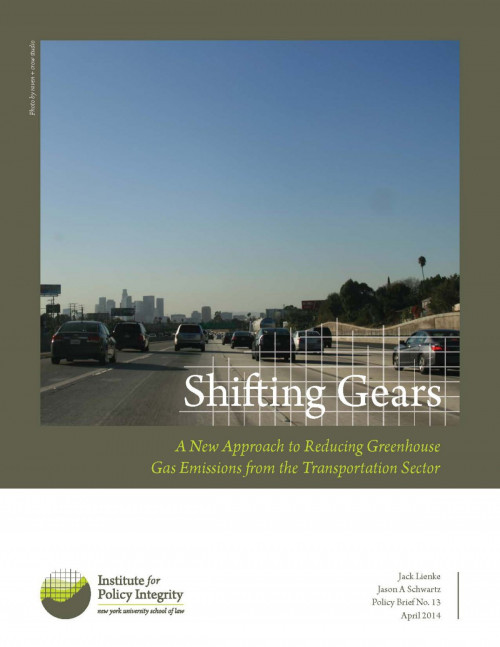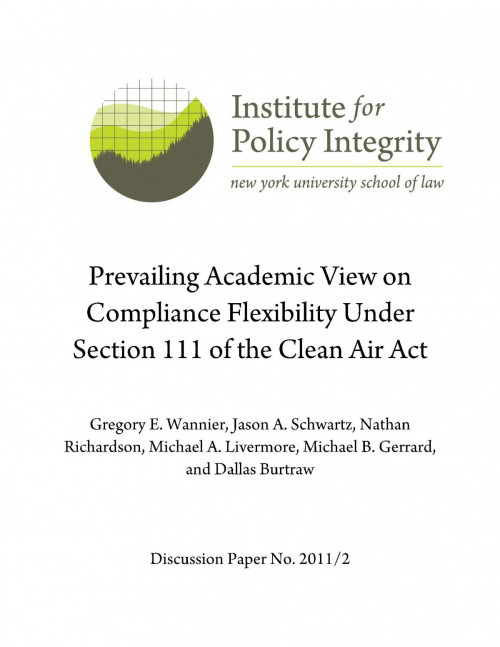-
_158_115_90.jpg)
Water Pollution and Regulatory Cooperation In China
The costs of China’s record economic growth—including pollution—threaten to undercut its progress if left unchecked. Standing in the way of China’s efforts to control pollution is a complex political system of overlapping levels of local and national authorities. This paper examines recent efforts to address the ill-aligned incentives lead some officials to allow high levels of pollution.
-
Environmental Awareness in the Atomic Age
Radioecologists and Nuclear Technology
Many biologists who conducted studies on nuclear fallout and waste for the Atomic Energy Commission began to develop concerns about radioactive pollution in the environment from the long-term, cumulative effects of nuclear waste disposal, the use of atomic bombs for construction projects, and the potential ecological devastation wrought by nuclear war. Their new environmental awareness prompted many Atomic Energy Commission ecologists to try to draw congressional attention to the dangers that nuclear technology posed to the environment. This article, published in Historical Studies in the Natural Sciences, highlights reforms in the education and training of ecologists to meet the challenges of the atomic age through the new subfield of “radioecology” as well as research into problems of environmental pollution more broadly.
-

Are Passenger Vehicles Positional Goods?
Consumer Welfare Implications of More Stringent CAFE Standards
Are Passenger Vehicles Positional Goods? examines to what degree vehicles generate consumption externalities that are not currently corrected for by the market, and whether a
uniform downward shift in the size of the passenger vehicle fleet will actually result in reduced consumer welfare. -

The Rebound Effect in a More Fuel Efficient Transportation Sector
Vehicle fuel efficiency improvements through Corporate Average Fuel Economy (CAFE) standards, may lead owners of more fuel-efficient cars may be driving more as their fuel cost per mile travelled decreases. It’s called the “rebound effect” and it has significant policy implications.
-

The Energy Paradox and the Future of Fuel Economy Regulation
Are the benefits of raising the fuel efficiency of America’s auto fleet greater than the costs? The answer may depend on whether or not there is an energy paradox.
Viewing all publications in Academic Articles/Working Papers
